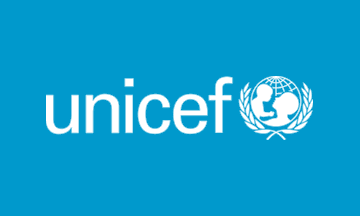Those who espouse children’s rights have a vision of a better world for children and through this a better world for all.
- Michael Freeman 2012 -
Events
BECERA
Annual Conference
Always in February
The Mac, Birmingham
EECERA
Annual Conference
In the autumn
At various Universities in Europe
CREC MA
in Education (early years)
Post Graduate combined
CREC, Birmingham
The Hundred Review:
What research tells us about effective
pedagogic practice and children's
outcomes in the Reception year
Chris Pascal, Tony Bertram, Aline Cole-Albäck
Early Years Workforce Review:
Revisiting the Nutbrown Review - Policy and impact
Chris Pascal, Tony Bertram, Aline Cole-Albäck
POLITICAL FOCUS

The EU Agenda for the Rights of the Child aims to reinforce the full commitment of the EU - as enshrined in the Treaty of Lisbon and the Charter of Fundamental Rights - to promote, protect and fulfil the rights of the child in all relevant EU policies and actions. This agenda includes 11 concrete actions where the EU can contribute in an effective way to children's well-being and safety.

Find here the General Comments by the Committe on the Rights of the Child from 2001 to 2017. The General Comments provide interpretation of thematic issues based on the analys and review of State Party Reports. The General Comments are guiding documents for States parties.

In September 2015, at the United Nations Sustainable Development Summit, Member States formally adopted the 2030 Agenda for Sustainable Development in New York. The agenda contains 17 goals including a new global education goal (SDG 4). SDG 4 is to ensure inclusive and equitable quality education and promote lifelong learning opportunities for all and has seven targets and three means of implementation.

The Convention on the Rights of the Child (CRC) is one of nine core international human rights trieties and the most widely ratified in the world. The near-universal ratification of the CRC reflects a global commitment to the principles of children's rights, however much still remains to be done for all children to be able to develop to their full potential.

Humanium is an international non political, non faith-based child sponsorship NGO. It is dedicated to promoting, protecting and making children's rights a reality throughout the world by supporting projects on a global scale and mapping progress in the implementation of children's rights.

ERIC aims to assist researchers and the research community to understand, plan and conduct ethical research involving children and young people in any geographical, social, cultural or methodological context.
ERIC is motivated by a shared international concern that the human dignity of children is honoured and their rights and wellbeing are respected in all research, regardless of context. The critically important element in achieving this is YOU – your attitudes, values, beliefs, assumptions and practice – since these ultimately shape the research experience for children much more than any written procedures or checklist.
